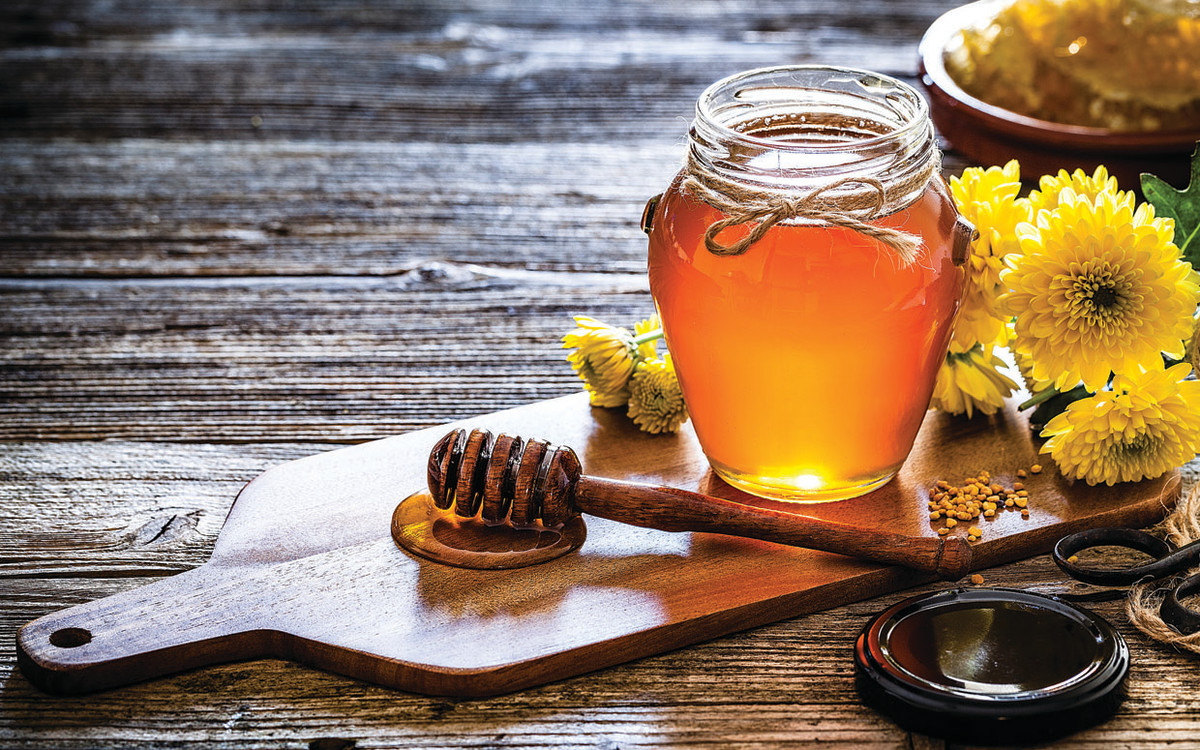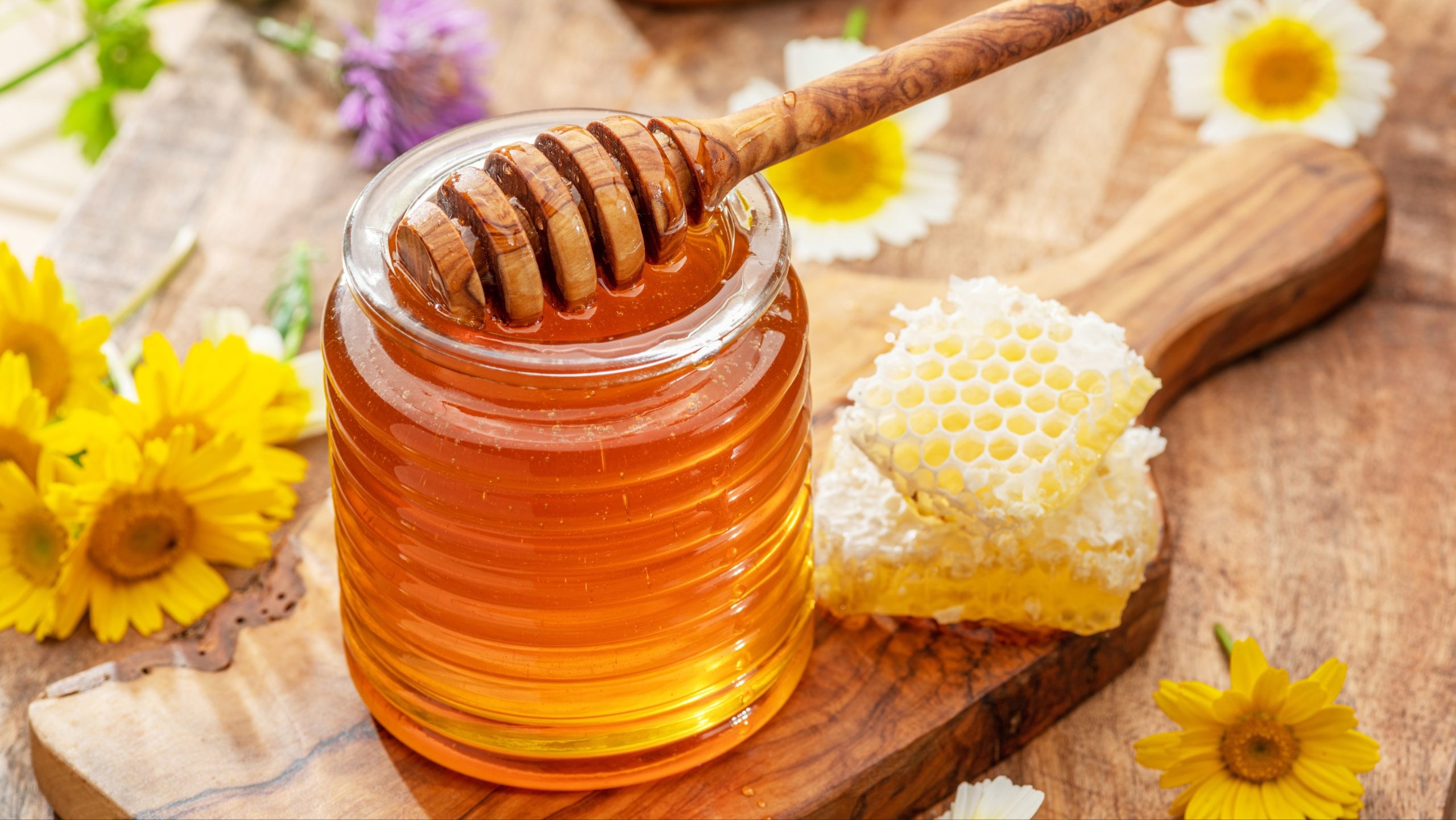Introduction to honey and its history
Honey, a golden elixir cherished since ancient times, has enchanted humanity not just with its flavor but also with its remarkable durability. From the days of Egyptian pharaohs entombed with jars of honey to modern kitchens around the globe, this sweet substance has proven time and again that it stands the test of time. Have you ever wondered why honey never spoils? What makes it so unique among other foods? As we dive into the science behind this timeless sweetness, you’ll discover not only why honey remains delicious after centuries but also how it can enhance your health and meals in delightful ways. Get ready to explore the magical world of honey—it’s sweeter than you might think!
The science behind why honey never spoils
Honey is fascinating for a variety of reasons, but its remarkable longevity stands out. The secret lies in its unique composition. Honey is primarily made up of sugars and has very low moisture content. This environment creates an inhospitable setting for bacteria and molds.
Additionally, honey possesses natural preservatives like hydrogen peroxide, which bees produce during the nectar transformation process. This further protects it from spoilage.
The acidic pH level of honey also plays a crucial role. It often ranges between 3.2 to 4.5, making it hard for microorganisms to thrive.
When stored properly, honey can last indefinitely without losing quality or flavor. Archaeologists have even discovered pots of honey in ancient Egyptian tombs that are still edible after thousands of years! Its resilience truly showcases nature’s wonders at work.
Benefits of consuming raw honey
Raw honey is a natural powerhouse packed with nutrients. Unlike processed alternatives, it retains enzymes and antioxidants that are beneficial to health. These components can help fight inflammation and boost your immune system.
It’s also known for its soothing properties. A spoonful of raw honey can ease sore throats and alleviate coughs due to its antibacterial qualities.
Moreover, it’s an excellent source of energy. The simple sugars in honey provide a quick pick-me-up, making it ideal for athletes or anyone needing an energy boost throughout the day.
Beyond physical benefits, raw honey has potential skin advantages too. Its antiseptic nature makes it useful in skincare routines, promoting healing from minor wounds or irritations while keeping skin hydrated.
Incorporating raw honey into your diet adds flavor along with numerous health perks without artificial additives or preservatives found in many sweeteners today.

Different types of honey and their unique properties
Honey comes in a delightful variety of types, each with its own unique flavor and benefits. Clover honey is one of the most common, known for its light color and mild sweetness. It’s perfect for sweetening tea or drizzling over pancakes.
Manuka honey stands out due to its medicinal properties. Sourced from New Zealand’s Manuka tree, it boasts antibacterial qualities that can aid in healing wounds and soothing sore throats.
Buckwheat honey is darker and richer than others. Its robust flavor makes it an excellent choice for baking or as a hearty addition to marinades.
Wildflower honey captures the essence of seasonal blooms, offering complex flavors that change throughout the year. Each type tells a story about its origin, making them more than just sweeteners but also natural wonders waiting to be explored.
How to properly store honey for long-term use
Proper storage of honey is essential to maintain its quality over time. The first step is choosing the right container. Glass jars are ideal, as they do not absorb moisture or odors.
Keep your honey in a cool, dry place away from direct sunlight. A pantry or cupboard works well. Avoid storing it near heat sources like stoves or microwaves, which can alter its composition.
Humidity is another factor to consider. Make sure the lid is tightly sealed to prevent moisture from getting in, which could lead to fermentation.
If you notice crystallization forming, don’t worry! This natural process doesn’t mean your honey has spoiled. Simply place the jar in warm water and stir gently until it returns to liquid form.
With these simple tips, you can ensure that your sweet treasure remains delicious for years to come without losing any of its charm.
Creative ways to incorporate honey into your diet and daily life
Honey is a versatile ingredient that can elevate both flavor and nutrition. Drizzle it over warm oatmeal for a natural sweetness, or mix it into yogurt with fresh fruits for a delicious breakfast.
For snack time, try spreading honey on whole-grain toast paired with peanut butter. The combination offers protein and energy, making it perfect before workouts.

When cooking, use honey as a substitute for sugar in marinades or salad dressings. It adds complexity to flavors while keeping dishes healthier.
Don’t forget about beverages! Add honey to herbal teas or smoothies for an extra touch of sweetness without refined sugars.
Consider using honey in baking—its moisture content helps keep baked goods soft longer. Enjoy experimenting with this timeless ingredient in your everyday meals!
Frequently Asked Questions
Honey, often referred to as “the timeless sweetness,” is a fascinating topic that raises many questions. Here are some of the most frequently asked queries about this remarkable substance:
Is honey safe for all ages?
While honey is safe for most people, it should never be given to infants under one year old due to the risk of botulism.
Can you eat expired honey?
Yes! Honey never truly spoils. If crystallization occurs, simply warm it up in hot water until it returns to its liquid state.
How can I tell if my honey has gone bad?
If your honey develops an off smell or unusual color, it’s best not to consume it. However, such cases are rare.
What’s the difference between raw and processed honey?
Raw honey is unfiltered and contains natural enzymes and nutrients that may be lost during processing. It’s often considered healthier than processed varieties.
How do bees make honey last so long?
Bees create a unique environment in their hives with low moisture content and natural preservatives like hydrogen peroxide, which keeps the nectar from spoiling.
These questions highlight just how intriguing and beneficial this sweet treat can be. Whether you’re looking for health benefits or culinary inspiration, embracing the timeless sweetness of honey opens up a world filled with flavor and nutrition.
Find out more at: https://tinyurl.com/437fybm5












